"a community, nation, or broad grouping of people having common traditions, institutions, and collective activities and interests."
- Organize the Lab: Theory and Practice
- Postdoc Identity, Jurisdictional Issues, Ideologies, and Unions: Considerations in Organizing Professionals
- Analyzing the Upward Trend in Academic Unionization: Drivers and Influences
- Journal of Collective Bargaining in the Academy
- An Analysis of Academic Hiring Research and Practice and a Lens for the Future: How Labor Justice Can Make a Better Academy
"Never doubt that a small group of thoughtful, committed citizens can change the world. Indeed, it's the only thing that ever has."
- All Together: How Inclusivity and Community Can Foster Increased Innovation and a Better Future
- Precarity, Competition, and Innovation: How Economic Systems and Societal Structures Shape Our Future
- Dedication
Additional readings & resources:
- War on the Young (blog post by Scott Galloway)
- Faith in democracy: millennials are the most disillusioned generation ‘in living memory’
- Voices of Gen Z: Youth Happiness Report
- Winston National Center on Technology Use, Brain, and Psychological Development (at the University of North Carolina at Chapel Hill) including:











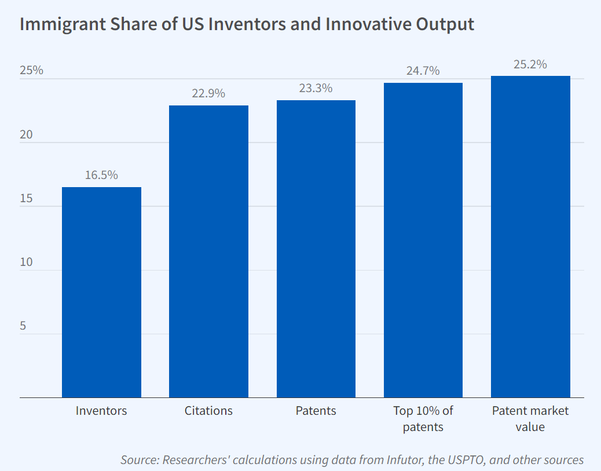














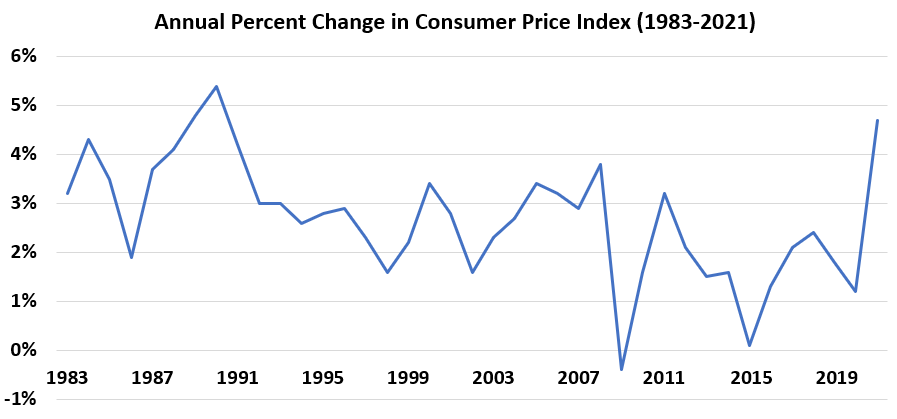
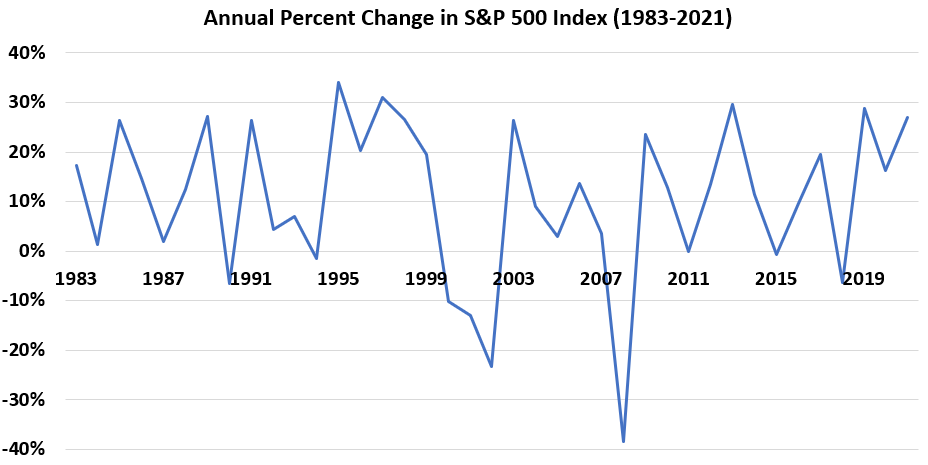
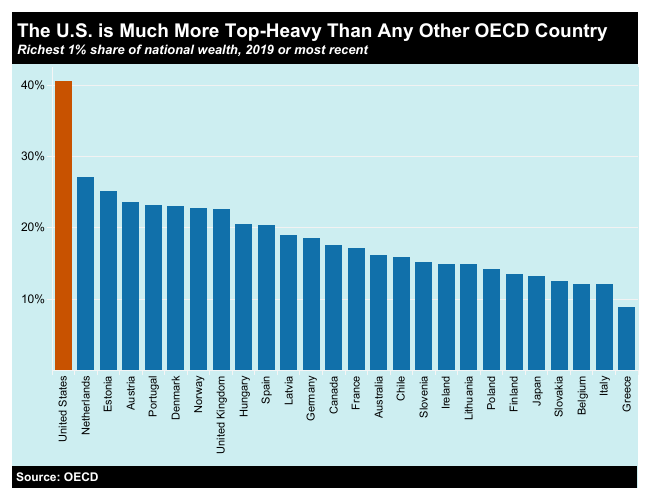
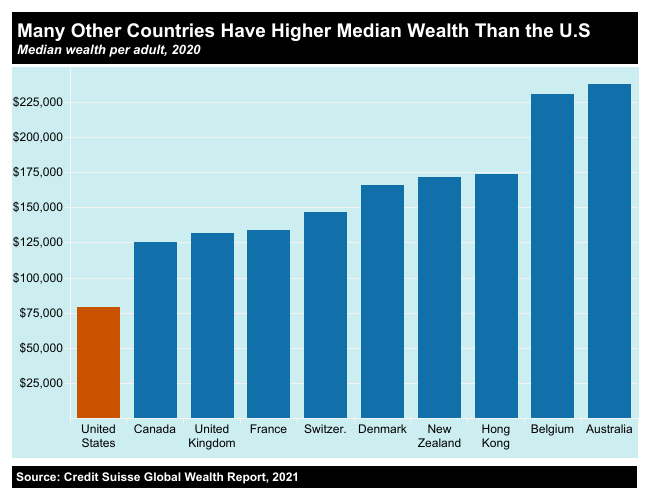

 RSS Feed
RSS Feed